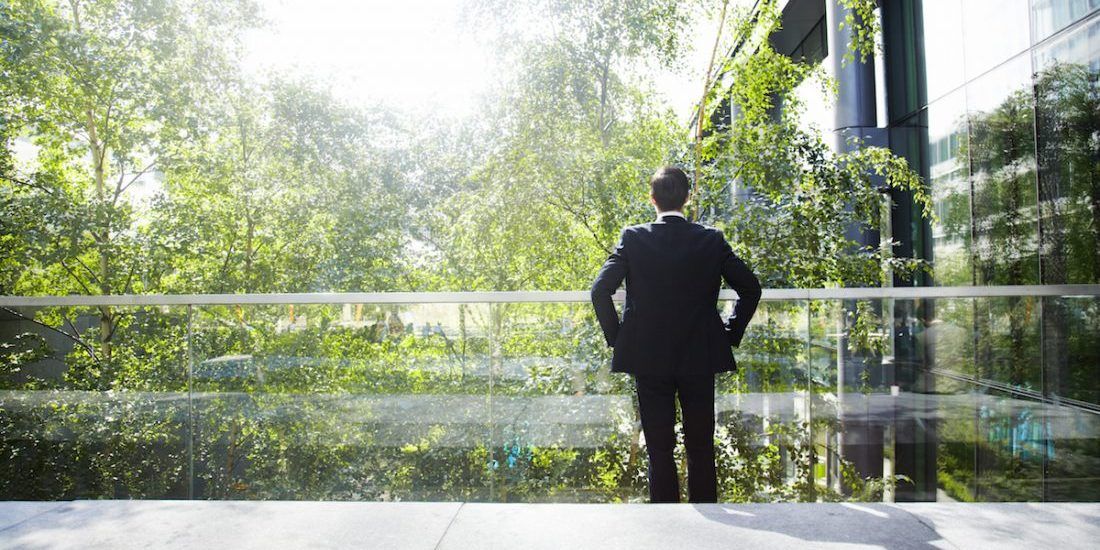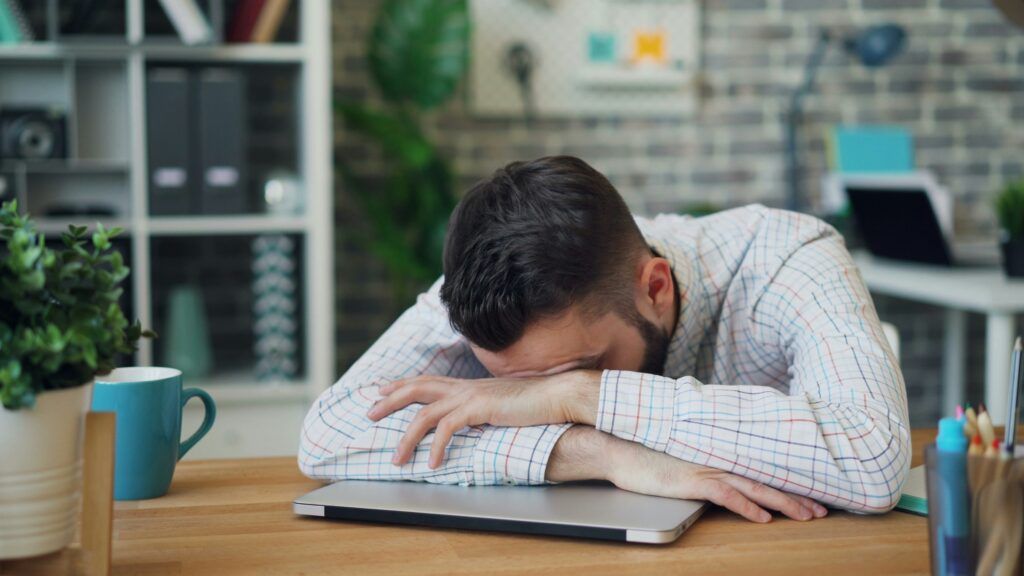How to build an environmentally sustainable business
How to build an environmentally sustainable business

It’s no secret that environmental problems plague our planet. The negative impacts of air emissions, marine pollution, deforestation and more have been significant. A study conducted by HP and Planet Ark earlier this year revealed that 91% of Australian consumers are concerned about the environment and sustainability.
This concern is reflected not only in the changing ways consumers interact with the environment but in their changing spending habits. Consumers are willing to spend more money if a brand is environmentally sustainable.
Nearly 80% of consumers hold businesses responsible for environmental impact, but there are plenty of companies showing the world that it’s not that hard to take the necessary steps to improve.
Basic Bananas is a company that has made sensible choices in achieving sustainability. Co-founder Franziska Iseli was sitting on her surfboard a few years ago when she saw all kinds of plastics floating in the ocean. “I decided to do something about it,” she explains.
“Basic Bananas has appointed a sustainability champion who is in charge of making sure it does its best to act sustainably. A recent effort made was to ensure Nespresso capsules are recycled and not thrown in the trash.”
Once a month, Basic Bananas has a “plastic free day”, where there is a zero-plastic policy, including containers and coffee cups. It also organises an annual beach clean up involving the team, clients and local community.
“The team loves the initiatives and feel like they are part of an organisation that cares,” Iseli says. “Our clients receive a cool canvas bag when they work with us, and a label encouraging them to ditch plastic bags. The response has been incredibly positive.”
“The team loves the initiatives and feel like they are part of an organisation that cares.” – Franziska Iseli, Founder, Basic Bananas
“The change can be tricky, but the long-term effect of doing nothing is catastrophic.” – Judy Sahay, Managing Director, Crowd Media
Contact Us
Zenergy News

Workers’ Compensation and Safety: How Integrated Roles Reduce Injury Costs and Downtime in Australia

Tel. No.
1300 333 400
Our Offices
Sydney
25 Brisbane Street
Surry Hills NSW 2010
Melbourne
Level 23, Tower 5
Collins Square
727 Collins Street
Melbourne VIC 3008
Brisbane
Level 54
111 Eagle Street
Brisbane QLD 4000
Perth
108 St Georges Terrace
Perth WA 6000
Services
Quick Links
About Us





